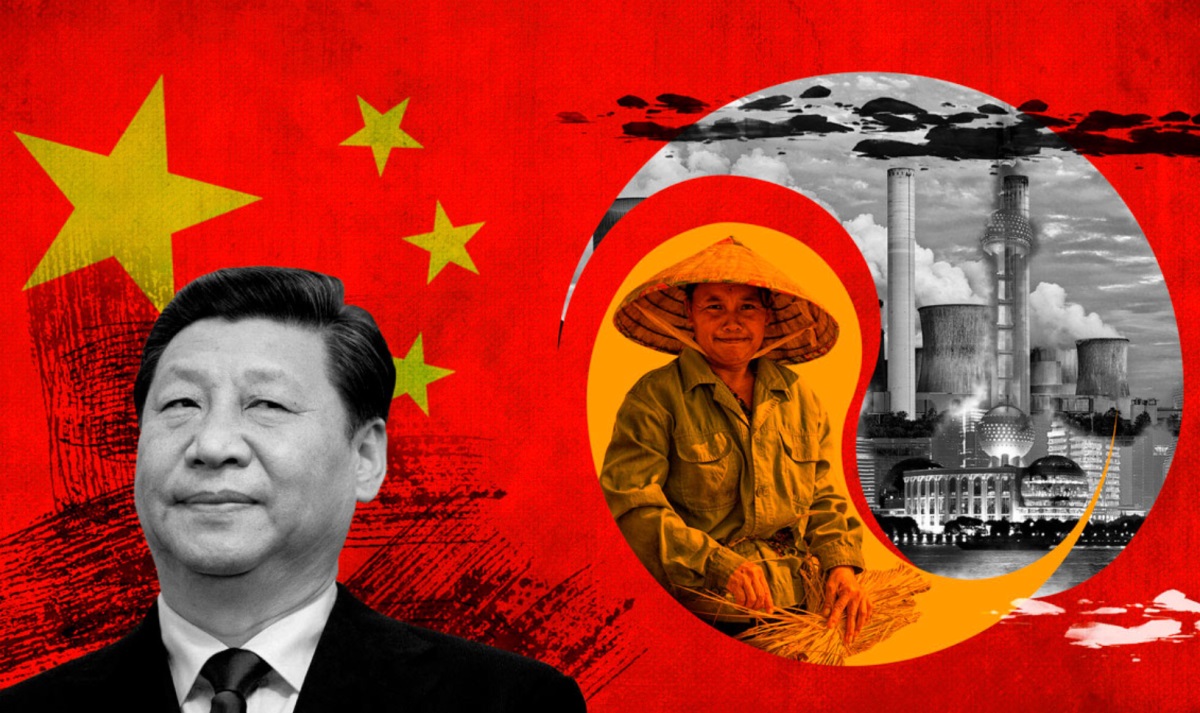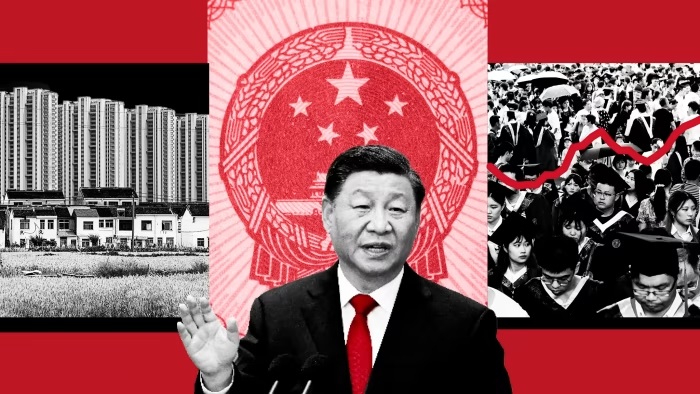
China’s Economic Influence in the Global South (Photo: Asia Times)
How China’s Belt and Road Initiative and Digital Silk Road are Transforming Economies
China’s Economic Impact: The Belt and Road Initiative has greatly influenced Global South economies. Labor-intensive industries like textiles, apparel, toys, sporting goods, and footwear have moved to Vietnam, Indonesia, and Bangladesh under the plan. China’s $1.5 trillion lending to developing nations for exports and investments has also changed the global economy.
Beyond the Belt and Road Initiative, China’s Digital Silk Road has helped penetrate Global South digital ecosystems. China is creating regional political economies that suit its interests through AI and digital infrastructure projects. China’s influence on the Global South is evident in its tremendous impact on the digital world, which the West ignores.
A firsthand account of Huawei’s digital planning with several countries shows China’s tech efforts’ impact on the Global South. After touring Huawei’s Shenzhen headquarters, a Mexican envoy gave a detailed presentation on broadband’s economic transformation potential. This personalized strategy highlights China’s unique digital integration initiatives for varied countries.
READ ALSO: Unveiling The Core Driving Forces Of 2024: Insights From S Naren, ICICI Prudential AMC
China’s Comprehensive Strategy
China exports more to the Global South than other developed markets due to industry relocation and loans. Chinese IT giants like Huawei support the Digital Silk Road program, which details and customizes digital plans for over 100 countries. These achievements show a purposeful and expansive strategy for changing Global South’s digital and economic ecosystems.
China’s Belt and Road Initiative and Digital Silk Road involvement in Global South economies is unprecedented. China is changing regional economic dynamics with its complete strategy, from industry relocations to digital infrastructure development. In the ever-changing Global South economic arenas, players must understand and navigate this changing global terrain.
READ ALSO: Huawei Defies US Sanctions, Reports Impressive Sales Rebound In 2023
























